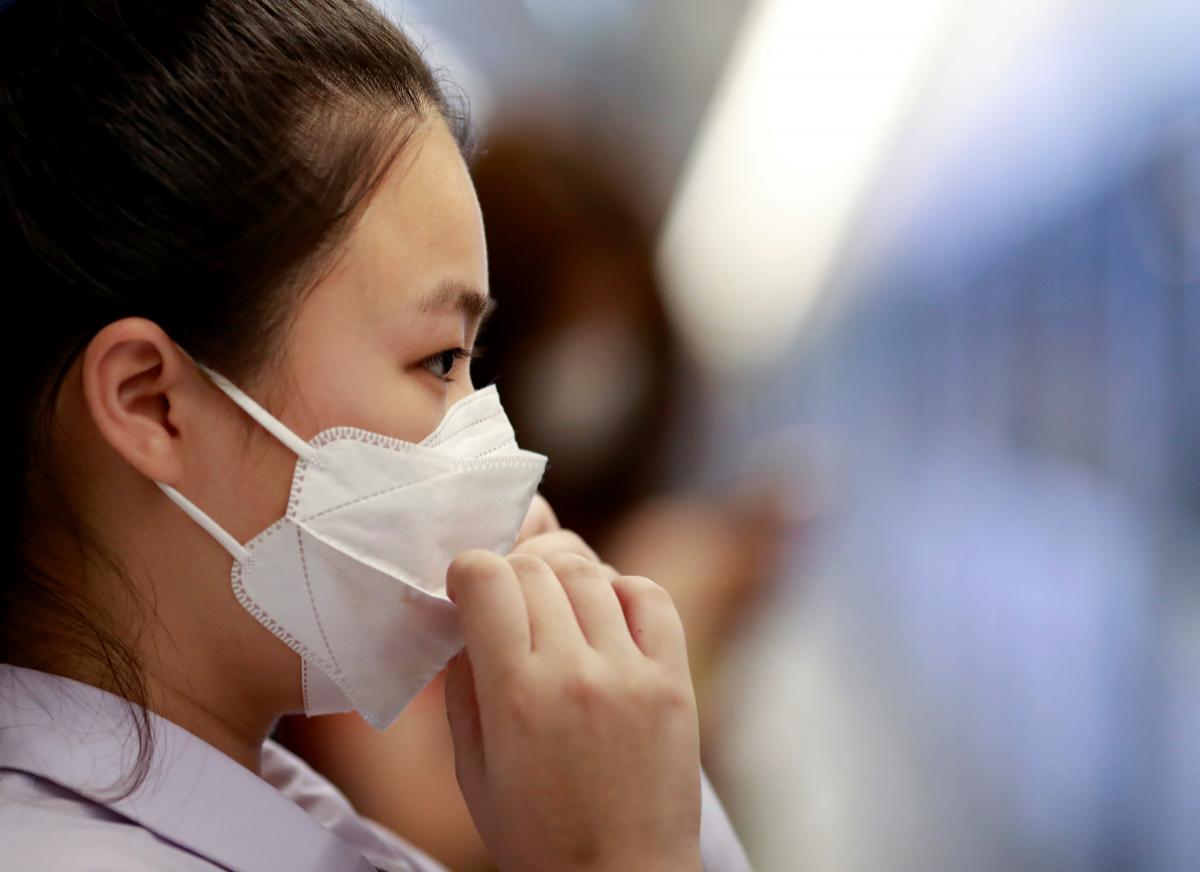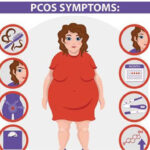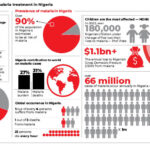The novel coronavirus outbreak since its emergence in China has led to spread of false claims, especially on social media.
Misinformation keeps travelling fast, birthing myths about the virus.
Below are some misinformation debunked by the World Health Organisation (WHO)
- Are hand dryers effective in killing the new coronavirus?
Hand dryers are not effective in killing the 2019 coronavirus.
To protect yourself against it, frequently clean your hands with an alcohol-based hand rub or wash them with soap and water.
- How effective are thermal scanners in detecting people infected with the new coronavirus?
Thermal scanners are effective in detecting people who have developed a fever because of infection with the new coronavirus.
However, they cannot detect people who are infected but are not yet sick with fever. This is because it takes between 2 and 10 days before people who are infected become sick and develop a fever.
- Can spraying alcohol or chlorine all over your body kill the new coronavirus?
Spraying alcohol or chlorine all over your body will not kill viruses that have already entered your body.
Spraying such substances can be harmful to clothes or mucous membranes (i.e. eyes, mouth). Be aware that both alcohol and chlorine can be useful to disinfect surfaces, but they need to be used under appropriate recommendations.
- Is it safe to receive a letter or a package from China?
Yes, it is safe. People receiving packages from China are not at risk of contracting the new coronavirus.
From previous analysis, we know coronaviruses do not survive long on objects, such as letters or packages.
- Can pets at home spread the new coronavirus?
At present, there is no evidence that companion animals/pets such as dogs or cats can be infected with the new coronavirus.
However, it is always a good idea to wash your hands with soap and water after contact with pets. This protects you against various common bacteria such as E.coli and Salmonella that can pass between pets and humans.
- Do vaccines against pneumonia protect you against the new coronavirus?
Vaccines against pneumonia, such as pneumococcal vaccine and Haemophilus influenza type B (Hib) vaccine, do not provide protection against the new coronavirus.
The virus is so new and different that it needs its own vaccine. Researchers are trying to develop a vaccine against it, and WHO is supporting their efforts.
Although these vaccines are not effective against coronavirus, vaccination against respiratory illnesses is highly recommended to protect your health.
- Can regularly rinsing your nose with saline help prevent infection with the new coronavirus?
There is no evidence that regularly rinsing the nose with saline has protected people from infection with the new coronavirus.
There is some limited evidence that regularly rinsing nose with saline can help people recover more quickly from the common cold. However, regularly rinsing the nose has not been shown to prevent respiratory infections.
- Can eating garlic help prevent infection with the new coronavirus?
Garlic is a healthy food that may have some antimicrobial properties. However, there is no evidence from the current outbreak that eating garlic has protected people from the new coronavirus.
- Does the new coronavirus affect older people, or are younger people also susceptible?
People of all ages can be infected by the new coronavirus .
Older people, and people with pre-existing medical conditions (such as asthma, diabetes, heart disease) appear to be more vulnerable to becoming severely ill with the virus.
- Are antibiotics effective in preventing and treating the new coronavirus?
No, antibiotics do not work against viruses, only bacteria.
The new coronavirus is a virus and, therefore, antibiotics should not be used as a means of prevention or treatment.
- Are there any specific medicines to prevent or treat the new coronavirus?
To date, there is no specific medicine recommended to prevent or treat the new.
However, those infected with the virus should receive appropriate care to relieve and treat symptoms, and those with severe illness should receive optimized supportive care.

 Join Daily Trust WhatsApp Community For Quick Access To News and Happenings Around You.
Join Daily Trust WhatsApp Community For Quick Access To News and Happenings Around You.


